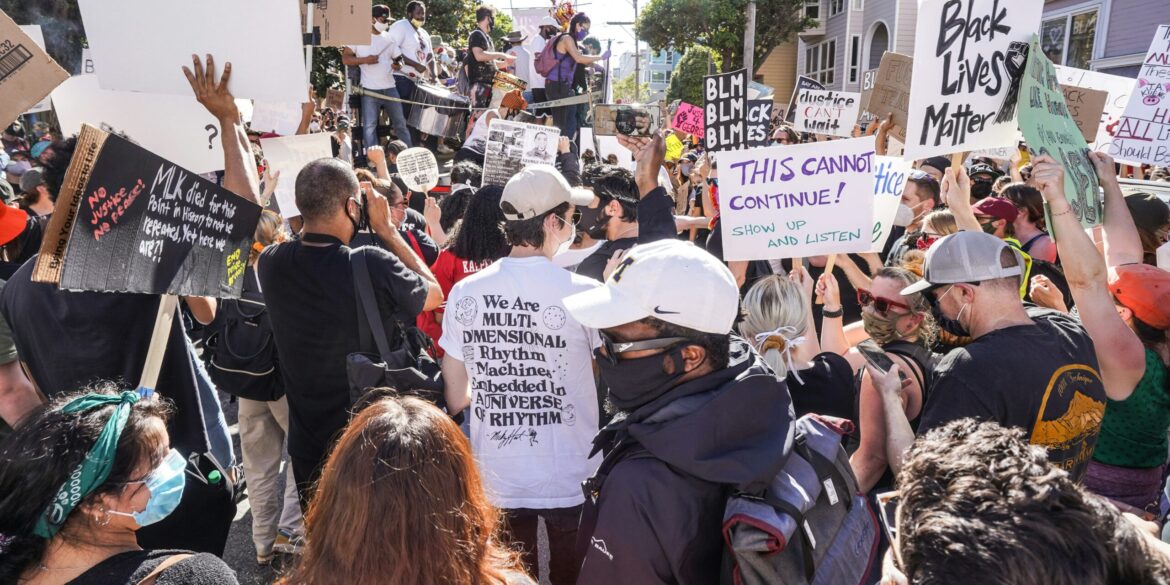LOS ANGELES — Tensions have reached a boiling point in Los Angeles following a series of aggressive immigration enforcement actions by federal authorities, culminating in mass protests, hundreds of arrests, and a controversial deployment of military forces. The situation has ignited a fierce legal and political battle between California officials and the Trump administration, raising profound questions about the limits of federal power and the rights of states to govern their own affairs.
Federal Immigration Raids Spark Outrage
The unrest began on June 6, when Immigration and Customs Enforcement (ICE) agents conducted coordinated raids across Los Angeles, targeting businesses and neighborhoods with high immigrant populations. These operations resulted in the detention of over 100 individuals, including families with young children. Reports from immigration lawyers and advocacy groups have highlighted severe mistreatment of detainees, including confinement in overcrowded and unsanitary conditions, lack of access to legal counsel, and inadequate food and water provisions. Some detainees were rapidly deported without due process, prompting widespread condemnation from civil rights organizations.
Protests Erupt Across the City
In response to the raids, thousands of protesters took to the streets of Los Angeles, decrying what they viewed as inhumane and unconstitutional actions by federal authorities. Demonstrations erupted in various neighborhoods, including Downtown Los Angeles, Boyle Heights, and Compton. While many protests remained peaceful, some escalated into clashes with law enforcement, leading to property damage, injuries, and over 400 arrests. Law enforcement agencies employed tear gas, rubber bullets, and flash-bang grenades to disperse crowds, further inflaming tensions.
Trump Orders Military Deployment
Amid escalating unrest, President Donald Trump ordered the deployment of 2,000 National Guard troops and 700 Marines to Los Angeles, invoking Title 10 of the U.S. Code to federalize the California National Guard without the consent of state authorities. This marked the first such federalization since the 1992 Los Angeles riots. The Trump administration justified the move as necessary to restore order and protect federal property, but critics argue it represents a dangerous overreach of executive power.
California Leaders Push Back
California Governor Gavin Newsom and Los Angeles Mayor Karen Bass have vehemently opposed the federal deployment, labeling it unlawful and inflammatory. Governor Newsom filed an emergency motion in federal court to block the use of military forces in immigration enforcement operations, arguing that the deployment violates the Posse Comitatus Act, which restricts the use of federal military personnel in domestic law enforcement. Mayor Bass echoed these concerns, stating that the presence of armed troops on city streets undermines community trust and exacerbates tensions.
Legal and Constitutional Implications
The legal battle over the federal deployment has significant constitutional implications. Legal experts note that the federalization of the National Guard without state consent is unprecedented in modern times and raises serious questions about the balance of power between state and federal governments. The lawsuit filed by Governor Newsom contends that the Trump administration’s actions contravene both statutory and constitutional restrictions, setting a potentially dangerous precedent for future federal interventions in state affairs.
National and International Reactions
The situation in Los Angeles has garnered national and international attention. Protests have spread to other major cities, including New York, Chicago, and San Francisco, with demonstrators expressing solidarity with Los Angeles and opposition to the Trump administration’s immigration policies. Human rights organizations and foreign leaders have also voiced concern over the use of military force in civilian contexts and the potential erosion of democratic norms.
Ongoing Developments
As the legal challenge proceeds, the deployment of military forces in Los Angeles continues, with the Pentagon authorizing a 60-day mission at a cost of $134 million. The presence of troops has heightened tensions in the city, with many residents expressing fear and uncertainty about the future. Civil rights organizations are actively monitoring the situation and providing legal assistance to those affected by the raids and subsequent protests.
The outcome of this confrontation between state and federal authorities will have far-reaching implications for immigration policy, civil liberties, and the balance of power in the United States. As the situation evolves, all eyes remain on Los Angeles, a city now at the epicenter of a national debate over the role of government and the rights of individuals.

